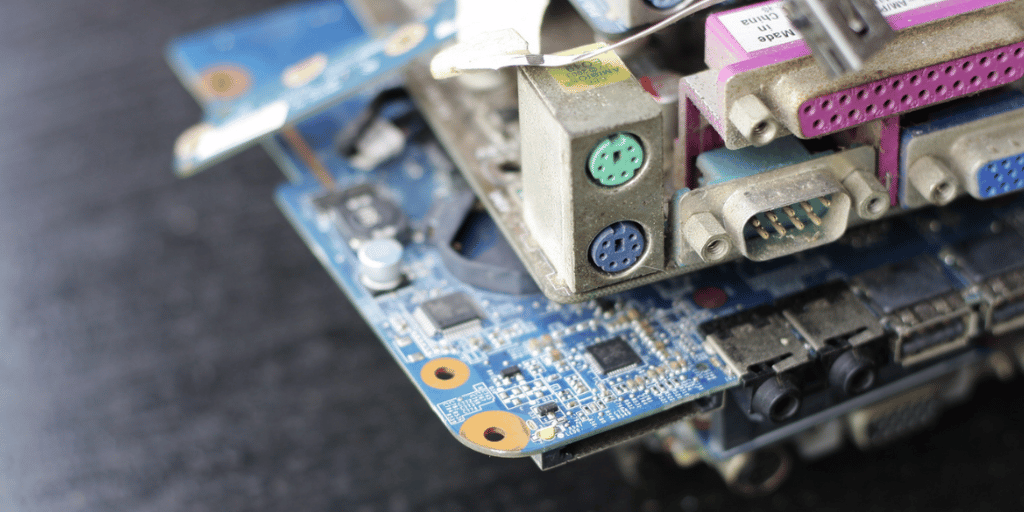Recycling businesses have a significant impact on contemporary economies that goes well beyond protecting the environment. Through creativity, resource effectiveness, job creation, and equitable growth, these businesses boost the economy by turning trash into useful resources. Recycling benefits firms like Recycle Emirates in multiple ways, promoting both conservation efforts and financial gains.
Enhancing the Efficiency of Resources:
Recycling reduces the demand for basic supplies, which are often expensive and in short supply. Recycling firms reduce the requirement for virgin resources by reprocessing outcomes such as electronics, metals, and plastics. In addition to protecting natural resources, this lowers expenses for producers, who gain from more affordable raw fabrics.
Recycling electronic waste, for instance, lessens the need to mine rare earth metals, guaranteeing a consistent supply of minerals required by sectors like technology and the automotive enterprise. By lowering reliance on imported resources, effective resource use also improves a nation’s economic resilience.
Creating Jobs in the Recycling Sector:
The recycling business is a big employer since it generates jobs in manufacturing, sorting, processing, and collection. Each ton of scrap metal provides multiple jobs in sales, manufacturing, and transportation. In contrast to landfill operations, which are static and resource-intensive, recycling businesses need both skilled and unskilled labor and provide possibilities for people from a variety of demographic backgrounds.
Recycling companies in Dubai like as Recycle Emirates offer stable jobs, bolstering local economies and giving employees specialized training in managing electronic waste and other items.
In favor of the Circular Economy:
A circular economy emphasizes product reuse, recycling, and reusing to create a closed-loop system that reduces waste and maximizes the efficiency of resources. Recycling companies are the basis of this system since they allow resources to be used continuously and lower the costs of disposing of waste.
Adopting a circular economy increases profitability, lowers environmental liabilities, and saves money for governments and corporations. The UAE’s emphasis on sustainability is consistent with this approach, and through its recycling programs, Recycle Emirates is instrumental in promoting a sustainable future.
Promoting Technological Innovation and Development:
By creating cutting-edge technology to enhance garbage sorting, processing, and material recovery, recycling companies are at the forefront of innovation. These developments boost the economy by creating new company prospects and stimulating investments in research & development.
Modern methods for managing e-waste, recovering valuable components, and minimizing negative environmental effects are being introduced in large part by businesses like Recycle Emirates. Such inventions frequently stimulate economic activity by opening up new markets for things like upcycled goods and refurbished technology.
Increasing Trade Possibilities:
Recycled materials are valued as commodities in international trade. Recycling businesses contribute to a kingdom’s economic growth and equilibrium by exporting processed goods like metals, plastics, and paper. The growing demand for sustainable practices also gives recycling-focused organizations a competitive edge in global marketplaces.
In the recycling sector, the UAE is a pioneer because of companies like Recycle Emirates’ expertise in managing and processing e-waste, which opens doors for international partnerships and exchange agreements.
Cutting Down on Environmental and Landfill Costs:
Landfills are not only terrible for the environment, but they are also expensive to manage. Recycling helps communities cut costs and free up areas for other useful uses by significantly reducing the amount of waste that is disposed of in landfills. In order to further direct the economic boom, these savings could be put toward infrastructure development, public offers, and other uses.
By effectively managing electronic waste, Recycle Emirates reduces the harmful environmental effects of hazardous materials, hence reducing long-term environmental harm and medical costs.
Supporting CSR (Corporate Social Responsibility):
Recycling firms offer sustainable trash management solutions that can help businesses and agencies meet their corporate social responsibility goals. This alignment helps attract eco-conscious customers and clients, which increases revenue in addition to improving logo awareness.
Companies in the United Arab Emirates can further demonstrate their commitment to sustainability by joining Recycle Emirates. This will encourage a boom in the economy by increasing investment and consumer trust.
Last Remarks:
Recycling businesses, such as Recycle Emirates, are essential to economic expansion because they foster innovation, the creation of jobs, and sustainable business practices. Businesses and governments may unlock enormous economic potential while protecting the environment by incorporating recycling into the core of their economic plans.
Due to the efforts of leading recycling enterprises and their commitment to sustainability, the UAE is known as a global leader in waste innovations. The recycling sector is set to grow rapidly as more corporations realize the financial and environmental advantages of recycling, helping to create a more sustainable and prosperous future.

 R2v3 Certified
R2v3 Certified




